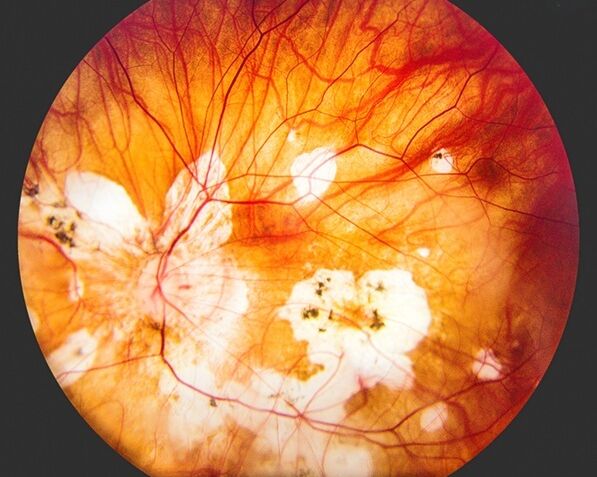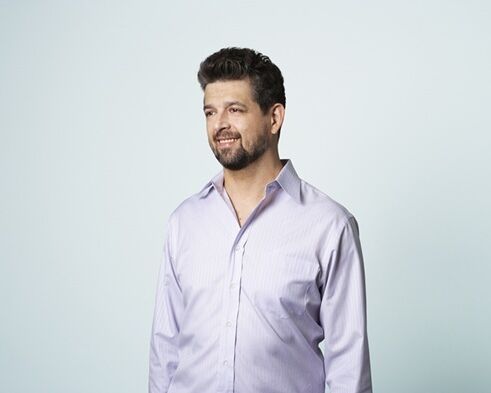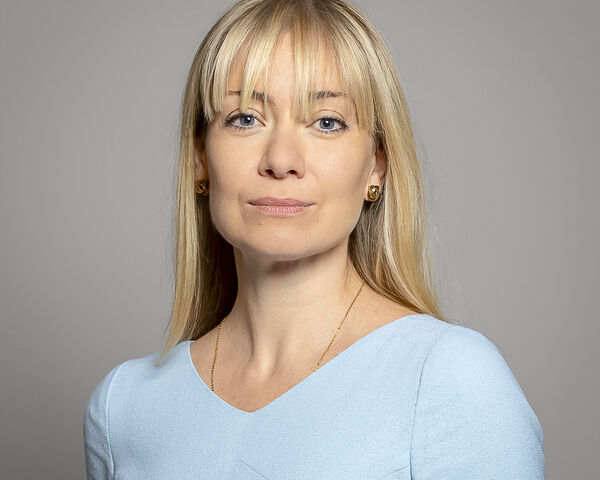Genomics England unveils plans to build the world's largest cancer research platform
Highlighting the UK’s global leadership in life sciences, Genomics England has announced unveiled plans to build the world’s largest cancer platform at its Research Summit.
The platform’s key role will be in providing vastly expanded data to cancer researchers and the capabilities to turn that data into better treatments and patient care.
Currently, valuable health data is often held in an array of different formats and systems within different health disciplines (eg. genomics, pathology, and radiology, such as MRI & CT scans). Genomics England aims to change that by for the first time combining these data types at population scale and with artificial intelligence analytics to help researchers identify new features of cancer.
The platform will build on the success of platforms like The Cancer Genome Atlas (TCGA), the long-time global standard reference database in cancer research. By way of background, the TCGA allows the analysis of cloud-based genome and clinical data from 11,000 patients to advance research, validate findings and improve cancer diagnosis and treatment.
By contrast, Genomics England already has approximately 16,000 participants via the 100,000 Genome Project. With its UK and global partners, Genomics England will be digitising hundreds of thousands of pathology and radiology images and making it possible to query this data in tandem with clinical genomics data using artificial intelligence and machine learning algorithms.
The research platform – which has received full support the Genomics England participant panel –
will be running by the end of this year / early next year. It’s hoped the first paper from a research project looking at brain cancer that will have benefited from using the platform will be published by next spring.
The digital imaging component of the platform is led by Dr Prabhu Arumugam, Director of Clinical Data and Imaging at Genomics England.
Dr Arumugam said: “The platform will give us the ability to significantly increase our knowledge of cancer which, in turn, will give us greater understanding of an individual’s prognosis and their response to treatment. Looking at the genetic sequence and images of a tumour together at the same time is revolutionary and will point the way forward to the development of more effective precision drugs and therapies.”
The news of the platform is part of Genomics England’s Cancer 2.0 strategy, which aims to shorten the diagnostic times for people with cancer, help clinicians deliver personalised treatments and improve the outcomes for their patients, as well as generating new insights into cancer. Initially the Cancer 2.0 strategy will be used by researchers prior to being rolled out into healthcare.
Another key announcement from the Summit is a pilot scheme involving the way genetic data is analysed - known as long read sequencing. Instead of using the traditional approach of chopping DNA into thousands of short pieces for analysis, this novel technique uses much larger sections at a faster rate - an approach which is hoped will complement traditional sequencing and improve and quicken the diagnostic process.
Other innovations being presented at the Research Summit include diverse data, newborn screening and rare disease.
For further details, including a list of speakers / events and how to register to attend or watch online – can be found here.


